The little-known police department that guards the White House
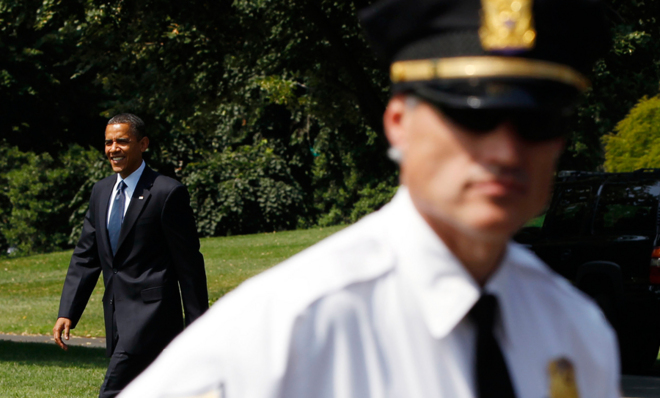

Special agents of the U.S. Secret Service protect the president and his family. But responsibility for securing the White House itself falls to a branch of the service known as the Uniformed Division, consisting of 1,300-plus sworn police officers and technicians. While agents and their exploits are glamorized and the subject of fictional thrillers and films, the U.D. officers often have a more dangerous job.
They're the ones who establish and control the outer perimeters around the White House. They're in direct contact with the public; they're responsible for screening White House visitors and preventing harmful people from even getting close to the agents who surround the president.
Today, one of them was injured because a woman attempting to drive through a checkpoint near the White House tried to run over him. He put his body in front of a car that was, for all he knew, packed with explosives and headed toward the White House. (Of course, the car had nothing but a woman and child in it, and their motives are unknown, but he is trained to react to the situation as if the threat to the White House complex was real.)
The Week
Escape your echo chamber. Get the facts behind the news, plus analysis from multiple perspectives.

Sign up for The Week's Free Newsletters
From our morning news briefing to a weekly Good News Newsletter, get the best of The Week delivered directly to your inbox.
From our morning news briefing to a weekly Good News Newsletter, get the best of The Week delivered directly to your inbox.
U.D. officers get shot at, as people actually shooting weapons in the vicinity of the White House is not as rare as one might hope. They handle knife-wielding protesters, emotionally disturbed travelers who may or may not be dangerous, thrill-seeking fence-jumpers, and actual gate-crashers. They fend off helicopters and airplanes.
If someone tries to attack the complex with chemical or biological weapons, the U.D. will most likely detect it first, and its officers will most likely be injured trying to mitigate it. The U.D. also incorporates the service's "Hercules" counter-sniper teams, motorcade support unit, canine and EOD divisions, its legacy mission of guarding foreign embassy properties in the District, an Emergency Response Team at the White House, the perimeter security for the Naval Observatory, and a host of other special missions.
The U.D. used to be a branch of the District of Columbia's Metropolitan Police Department. In 1930, the "White House Police" merged with the Treasury's Secret Service, and grew steadily. In 1950, an officer guarding Blair House was killed when Puerto Rican nationalists tried to assassinate President Truman.
Many would-be police officers wouldn't normally be attracted to the U.D., and the pay and benefit schedules were one reason; they were tied to the District of Columbia's rules, and not to more generous federal rules. For years, the Secret Service tried to change this, succeeding in 2009. This allowed U.D. officers to finally be paid at a rate commensurate to the special nature of their jobs.
A free daily email with the biggest news stories of the day – and the best features from TheWeek.com
Yes, the name is awkward. (Imagine if fire marshals were part of a "Firefighters In Street Clothes Division.")
But no hyperbole: The U.S. Secret Service Uniformed Division serves as the first line of defense between real threats and the president of the United States. If something goes down, most likely it will be they who are caught in the crossfire.
Marc Ambinder is TheWeek.com's editor-at-large. He is the author, with D.B. Grady, of The Command and Deep State: Inside the Government Secrecy Industry. Marc is also a contributing editor for The Atlantic and GQ. Formerly, he served as White House correspondent for National Journal, chief political consultant for CBS News, and politics editor at The Atlantic. Marc is a 2001 graduate of Harvard. He is married to Michael Park, a corporate strategy consultant, and lives in Los Angeles.
-
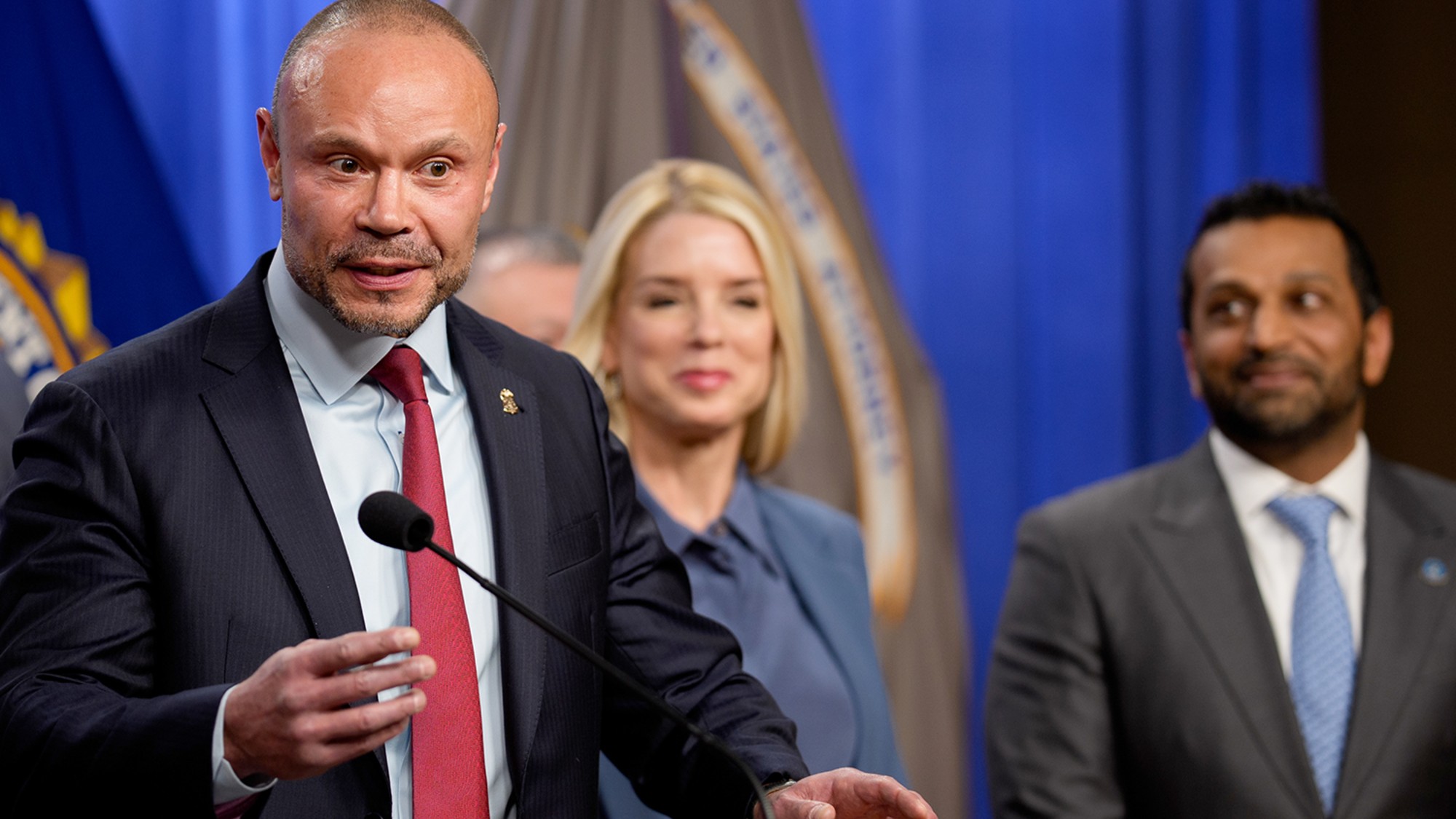 Pipe bombs: The end of a conspiracy theory?
Pipe bombs: The end of a conspiracy theory?Feature Despite Bongino and Bondi’s attempt at truth-telling, the MAGAverse is still convinced the Deep State is responsible
-
 The robot revolution
The robot revolutionFeature Advances in tech and AI are producing android machine workers. What will that mean for humans?
-
 Health: Will Kennedy dismantle U.S. immunization policy?
Health: Will Kennedy dismantle U.S. immunization policy?Feature ‘America’s vaccine playbook is being rewritten by people who don’t believe in them’
-
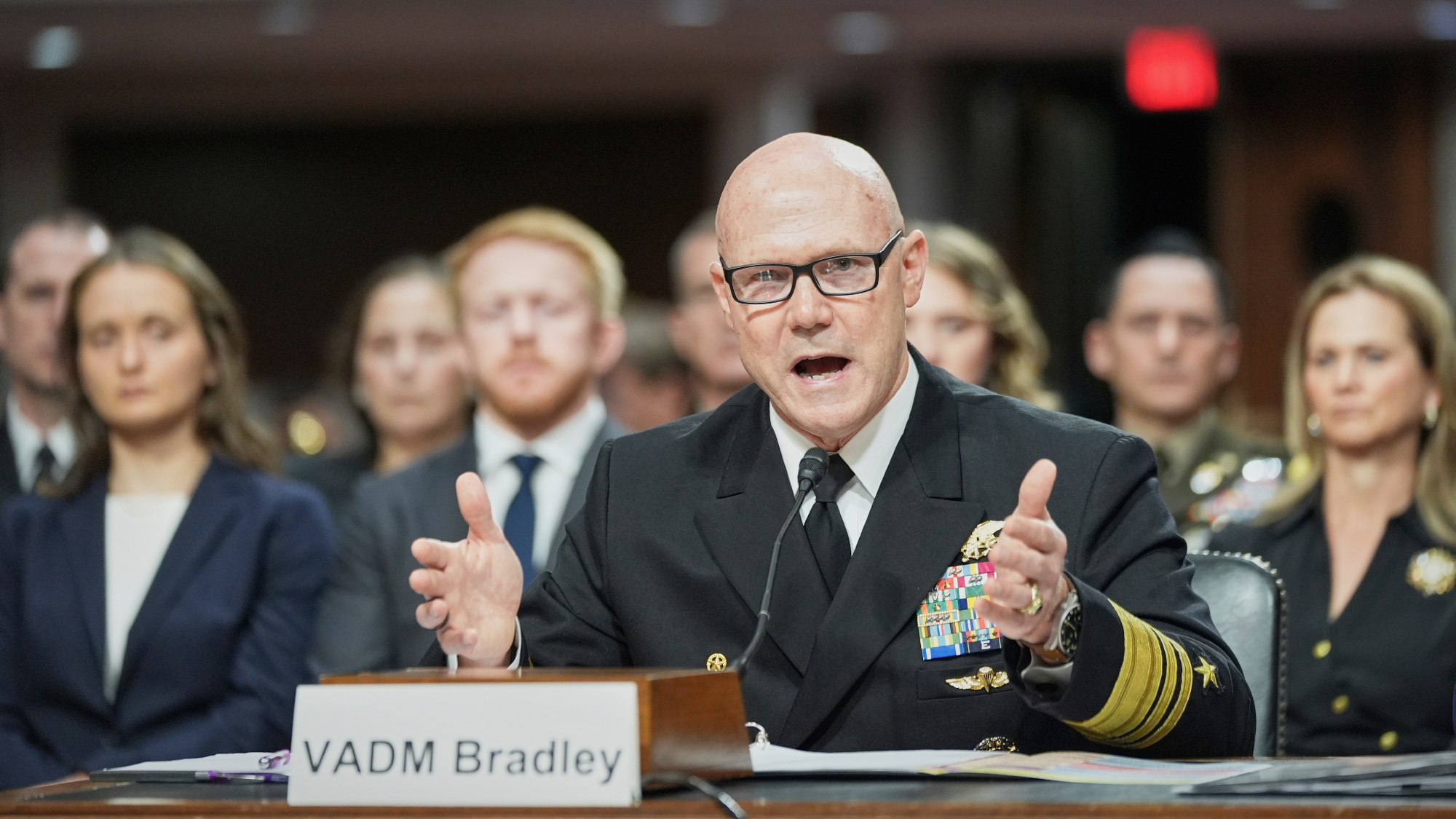 White House says admiral ordered potential war crime
White House says admiral ordered potential war crimeSpeed Read The Trump administration claims Navy Vice Adm. Frank ‘Mitch’ Bradley ordered a follow-up strike on an alleged drug-smuggling boat, not Pete Hegseth
-
 How are these Epstein files so damaging to Trump?
How are these Epstein files so damaging to Trump?TODAY'S BIG QUESTION As Republicans and Democrats release dueling tranches of Epstein-related documents, the White House finds itself caught in a mess partially of its own making
-
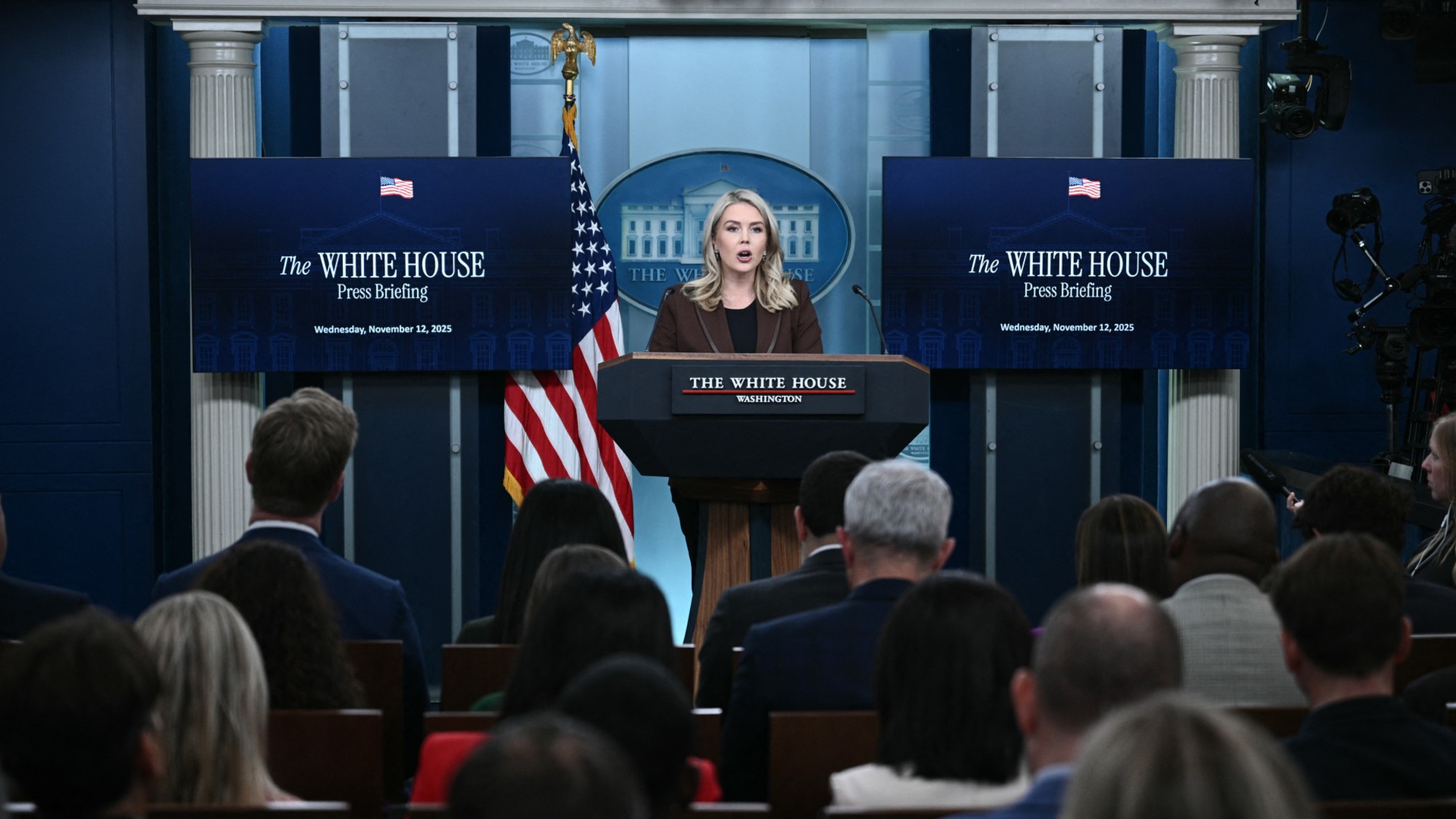 A free speech debate is raging over sign language at the White House
A free speech debate is raging over sign language at the White HouseTalking Points The administration has been accused of excluding deaf Americans from press briefings
-
 Has Zohran Mamdani shown the Democrats how to win again?
Has Zohran Mamdani shown the Democrats how to win again?Today’s Big Question New York City mayoral election touted as victory for left-wing populists but moderate centrist wins elsewhere present more complex path for Democratic Party
-
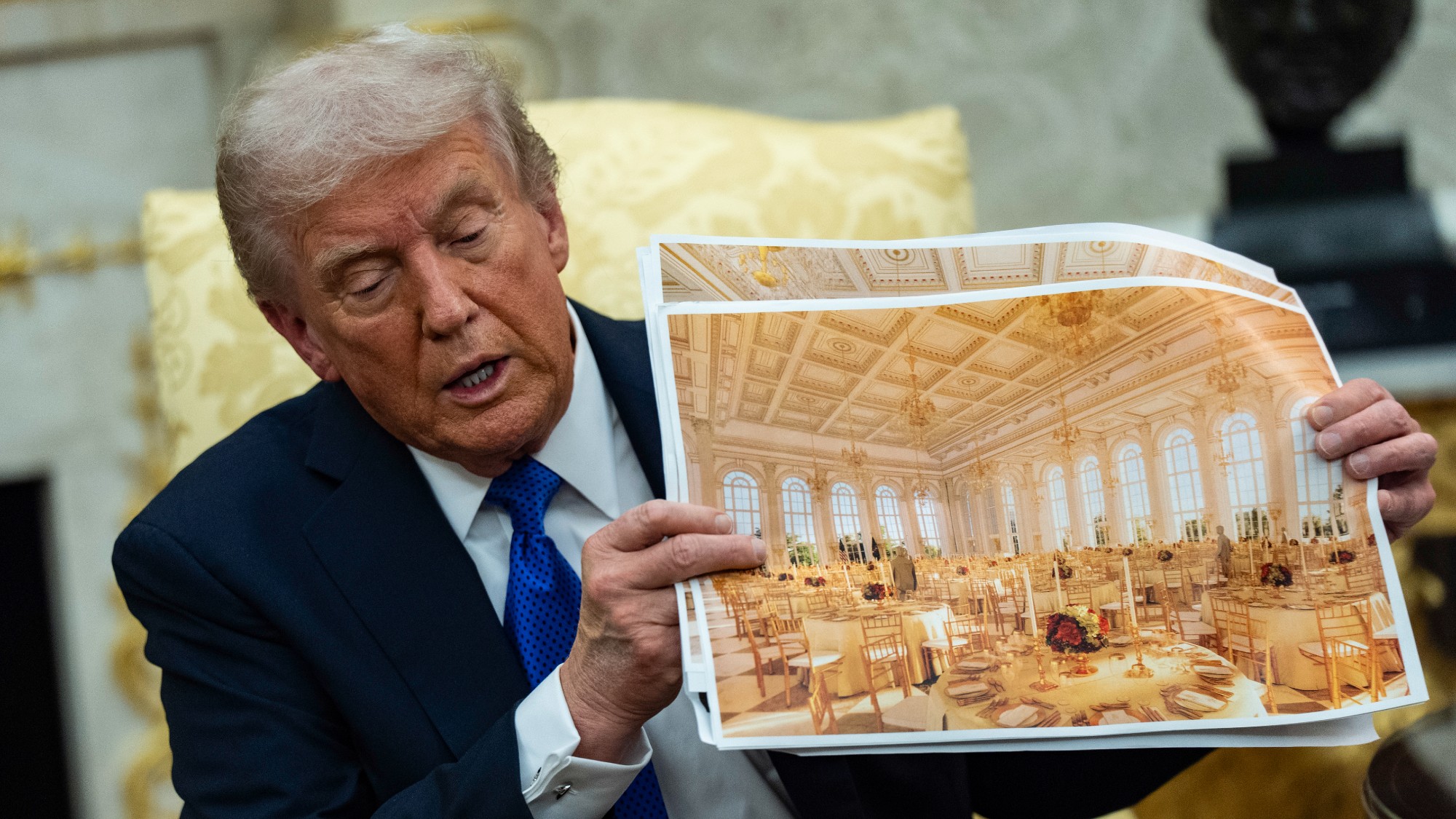 Trump’s White House ballroom: a threat to the republic?
Trump’s White House ballroom: a threat to the republic?Talking Point Trump be far from the first US president to leave his mark on the Executive Mansion, but to critics his remodel is yet more overreach
-
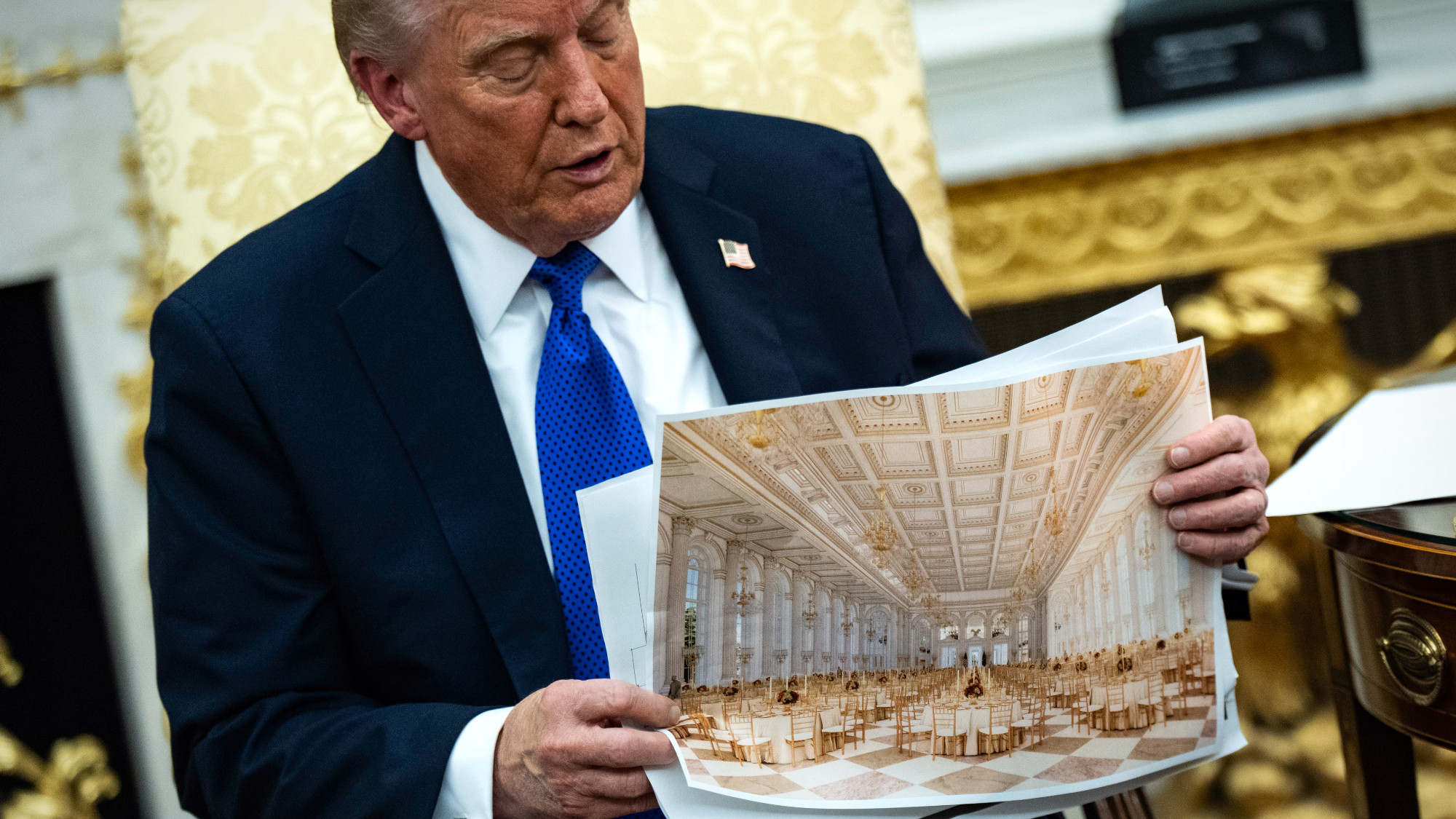 Trump’s huge ballroom to replace razed East Wing
Trump’s huge ballroom to replace razed East WingSpeed Read The White House’s east wing is being torn down amid ballroom construction
-
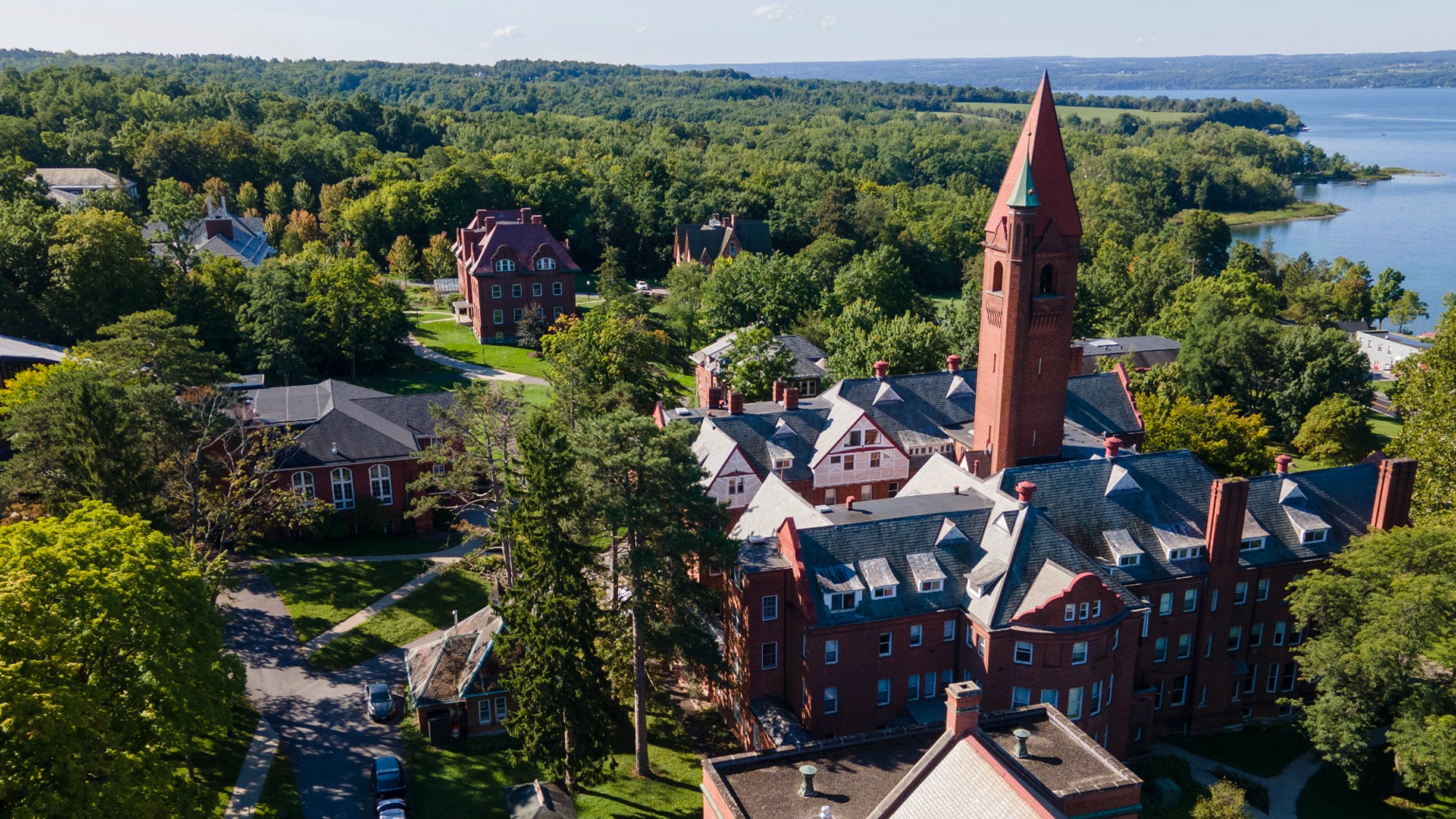 ‘The trickle of shutdowns could soon become a flood’
‘The trickle of shutdowns could soon become a flood’Instant Opinion Opinion, comment and editorials of the day
-
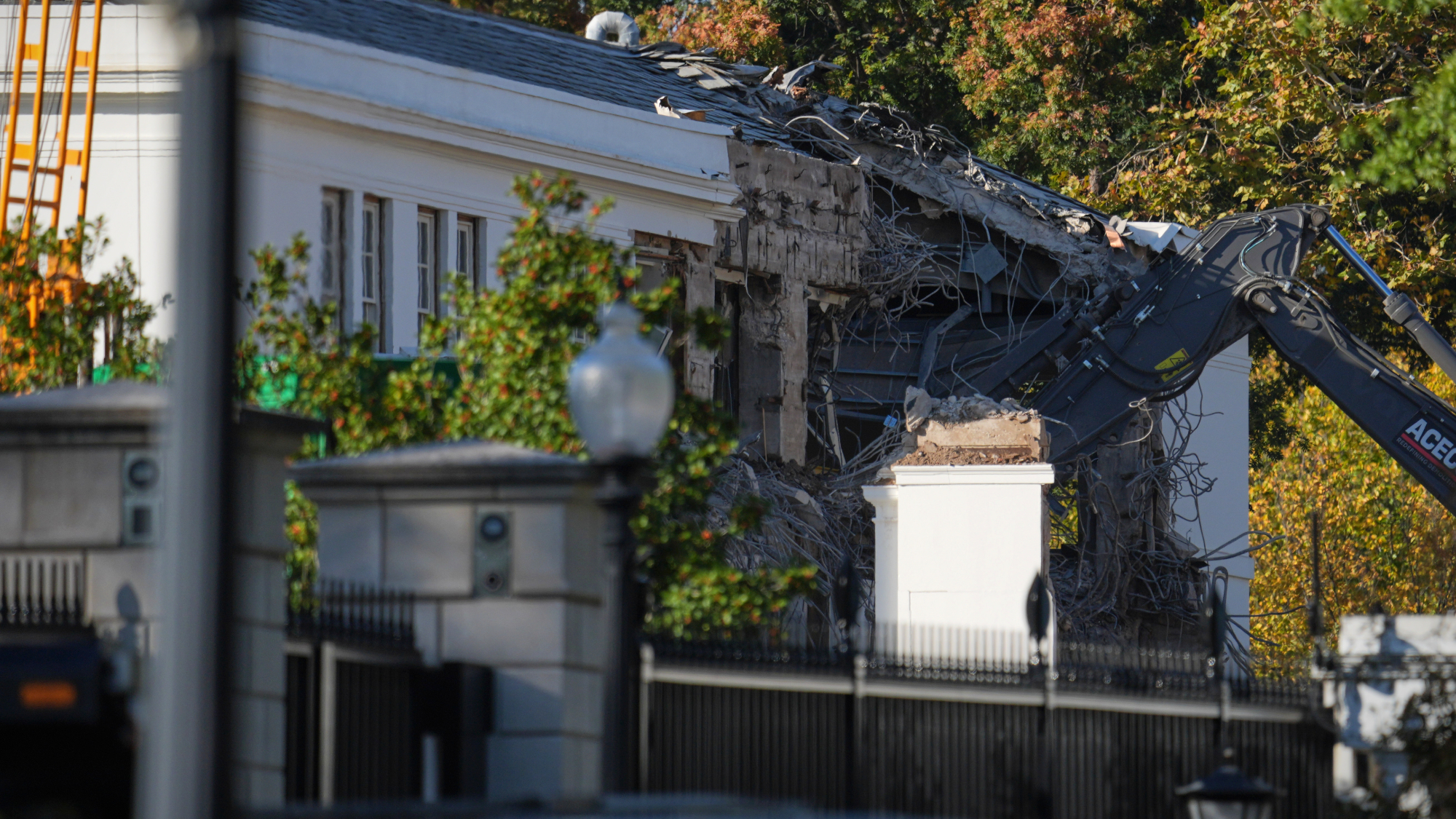 Trump begins East Wing demolition for ballroom
Trump begins East Wing demolition for ballroomspeed read The president’s new construction will cost $250 million
